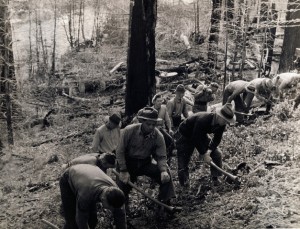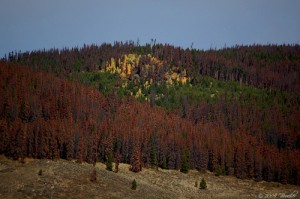I’m willing to pay more for a product that is built with the kind of quality we used to be famous for here in America. Things that were well-designed and built to be used. And if they broke they could be repaired and keep on working. This is the legacy of American manufacturing. There were jobs in making things, using those things and repairing those things to keep said things working.
Today everything is disposable – built to a low spec, with minimal manufacturing standards and poor quality control. Things are designed to function to some degree of effectiveness – maybe – for a little while, then break and need to be tossed in the landfill and replaced. Half the stuff doesn’t even work or fit right out of the box. I recently bought a John Deere tractor mower that wouldn’t start. While phone troubleshooting with their technician it was found to have disconnected parts in the engine. How did that even make it out the factory door?? Of course there are exceptions but it’s frustrating that almost every item we buy these days is inferior quality even if you pay a premium price.
Companies no longer serve their customers, they serve their shareholders or the next quarter’s numbers.
Sure, bringing manufacturing jobs back to the US would be good for some things. There’s no reason we can’t build things here again. It would be good for us and the world economy. But even if we build stuff in China or sew it in Bangladesh or assembled in Mexico, if our companies – names we’ve known for decades – insisted on high quality materials and workmanship our brands could once again be the standard that other industries aspire to. No matter whether it’s built in Des Moines or Guandong. It’s not that hard. If it costs 10% more to make something good then do it – I’ll pay 20% more to have something that’s well made and lasts. Do that and I promise Americans, and the world, will buy American again.

